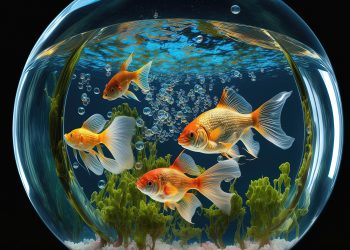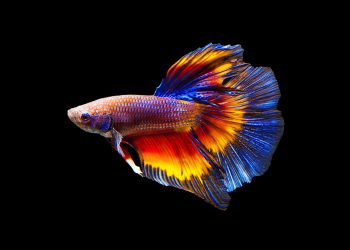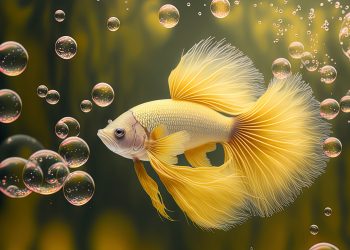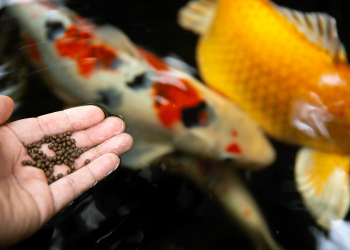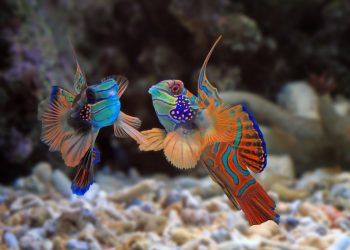Cycling a fish tank is a crucial step when setting up an aquarium. Here are some key points to consider:
Gradual Introduction:
When adding fish to your aquarium, do so gradually. Start with minimal feeding and gradually increase the quantity and nutritional quality of their food. This helps kickstart the fermentation processes necessary for tank cycling.
Beneficial Bacteria:
Accelerate the aquarium cycling process by introducing beneficial bacteria into the water. These bacteria play a vital role in breaking down waste and maintaining water quality.

Cycling Duration:
The time it takes to cycle a fish tank can vary. Using a variable water volume method, it may take around 6 weeks, while a fixed water volume method could take up to 8 weeks.
Faster Cycling:
To speed up the cycling process, consider adding a filter or media from an established tank. This introduces beneficial bacteria into your new tank, helping to break down ammonia more quickly.

Rapid Cycling:
In some cases, a tank can cycle in as little as 24 hours, but this requires knowledge of the nitrogen cycle, good bacteria, and water testing. It’s a riskier method, especially for beginners.
Testing the Cycle:
Regularly test your tank’s water for ammonia, nitrites, and nitrates. A fully cycled tank will show zero ammonia and nitrites and some nitrate production.

Algae Growth:
Algae growth, particularly on the glass, can be an early sign that your tank is cycling. This usually coincides with the rise of ammonia levels.
Water Changes:
During cycling, perform partial water changes of 10% to 25% every 1 to 2 weeks. Small, frequent changes are ideal, especially for newly established tanks.

Necessity of Cycling:
Cycling is essential for establishing a healthy aquarium environment. It allows beneficial bacteria to grow and maintain water quality.
Nitrates:
When nitrates are produced, and ammonia and nitrite levels are zero, your tank is fully cycled. Nitrates are less toxic to fish at low levels.

Adding Ammonia:
Continue dosing ammonia at 3 ppm until nitrate-removing bacteria outnumber ammonia-removing bacteria. This balance is crucial for a stable aquarium.
Cycling your fish tank is a critical step in ensuring the health and well-being of your aquatic pets. Understanding the process and being patient are key to a successful cycle.
Next on your reading list:

